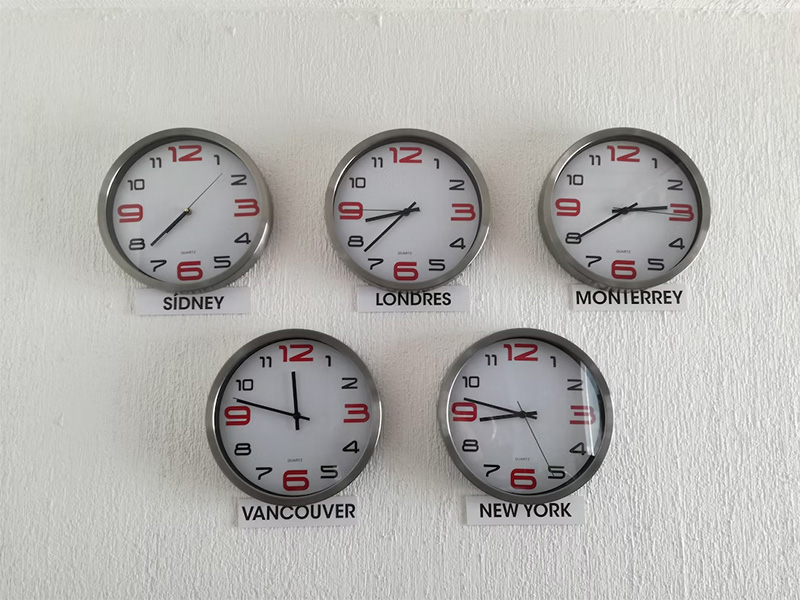How to Adjust Quickly to New Time Zones
Traveling across time zones is thrilling, but adapting to the new time can be challenging. Travelers deal with jet lag, fatigue, and disrupted sleep. You can reduce jet lag and adjust to new time zones quickly with simple tactics. In this piece, we’ll discuss strategies for adjusting to time zones and maximizing travel experiences.
Prepare before your trip
Before starting your expedition, it’s important to prepare your body for the time change. Gradually adjust your sleep schedule a few days before you depart. To adjust your sleep schedule for eastward travel, gradually move your bedtime and wake-up time one hour earlier each day. When traveling west, gradually shift your sleep schedule one hour ahead each day. By following this advice, your body will adjust to different time zones more easily.
Stay hydrated
It is important to stay properly hydrated in order to reduce the effects of jet lag. Make sure to consume sufficient liquids during your travels. Stay hydrated by drinking plenty of water before, during, and after your flight. Avoid excessive alcohol and caffeine, as they can disrupt sleep and worsen jet lag symptoms.
Sync your routine with the local time
When you arrive, adjust your daily routine and eating schedule to match the local time. Try to eat and do activities based on the time zone you’re in. By following this method, your body will sync with the updated time, making it easier to adapt.
Get exposure to natural light
Sunlight greatly affects our internal circadian rhythm. Enjoy the outdoors during the day to help reset your body’s internal clock. Upon arrival, take a daytime stroll or engage in outdoor activities to adjust to the new time zone.
Avoid long naps
While it may be tempting to sleep for a long time after a tiring trip, it can disrupt your sleep patterns and make it harder to adjust to the new time zone. Consider taking short rejuvenating breaks, lasting 20-30 minutes, to combat fatigue. This method helps you stay refreshed without affecting your sleep.
Establish a bedtime routine:
Establishing a nightly routine signals your body to prepare for sleep. Engage in calming activities like reading a book, taking a relaxing bath, or practicing mindfulness before going to bed. Avoid using electronic gadgets because the blue light from screens can disturb your sleep.
Think about melatonin supplements
Melatonin is vital for regulating sleep-wake cycles. Melatonin supplements aid in adjusting to time zone changes. Consult a medical expert for proper melatonin supplement dosage and schedule.
Take your time with yourself
Adjusting to a new time zone takes time and patience. Expect some tiredness and unease initially, but trust that your body will adapt. Take your time and enjoy the process without feeling rushed. Take your time and enjoy the journey at a comfortable pace.
To adapt to different time zones, prepare well and use simple strategies. Prepare your body before traveling by staying hydrated, adjusting your schedule to the local time, getting sunlight, avoiding long naps, maintaining a regular bedtime routine, considering melatonin supplements, and being kind and patient with yourself. Implementing these tactics reduces jet lag’s impact, allowing you to fully embrace time zone differences and engage in travel adventures.
Photo Attribution:
1st & featured image by https://unsplash.com/photos/QrPDA15pRkM
2nd image by https://unsplash.com/photos/J11mwY3bSRw






